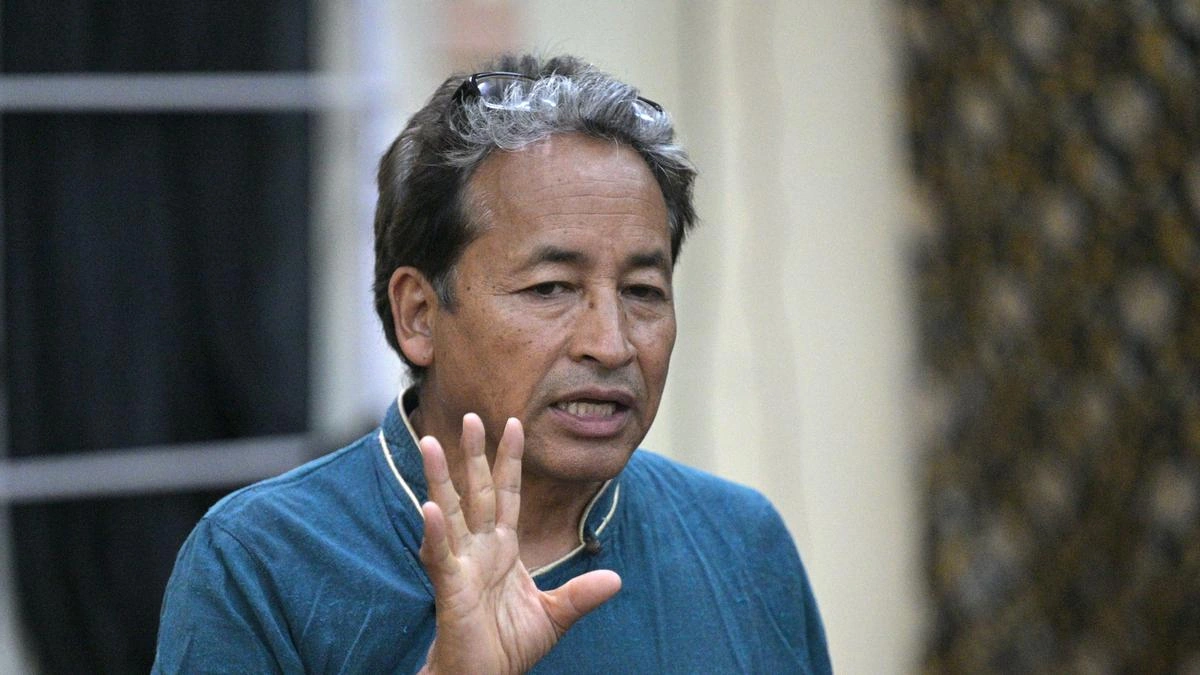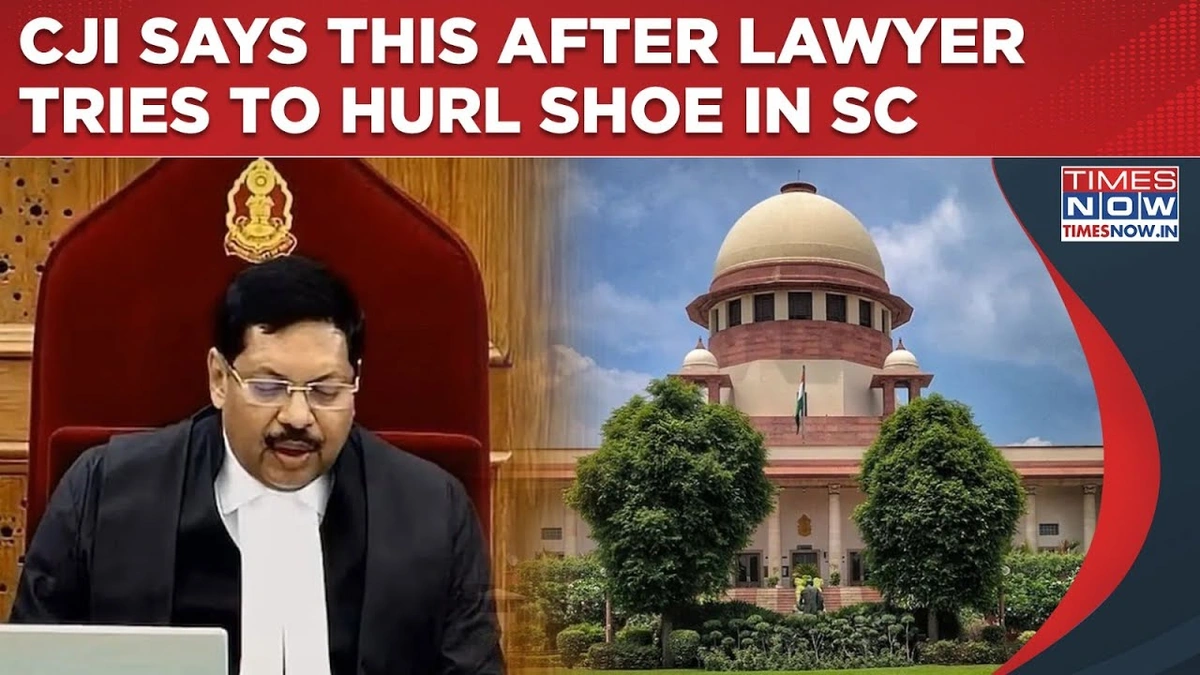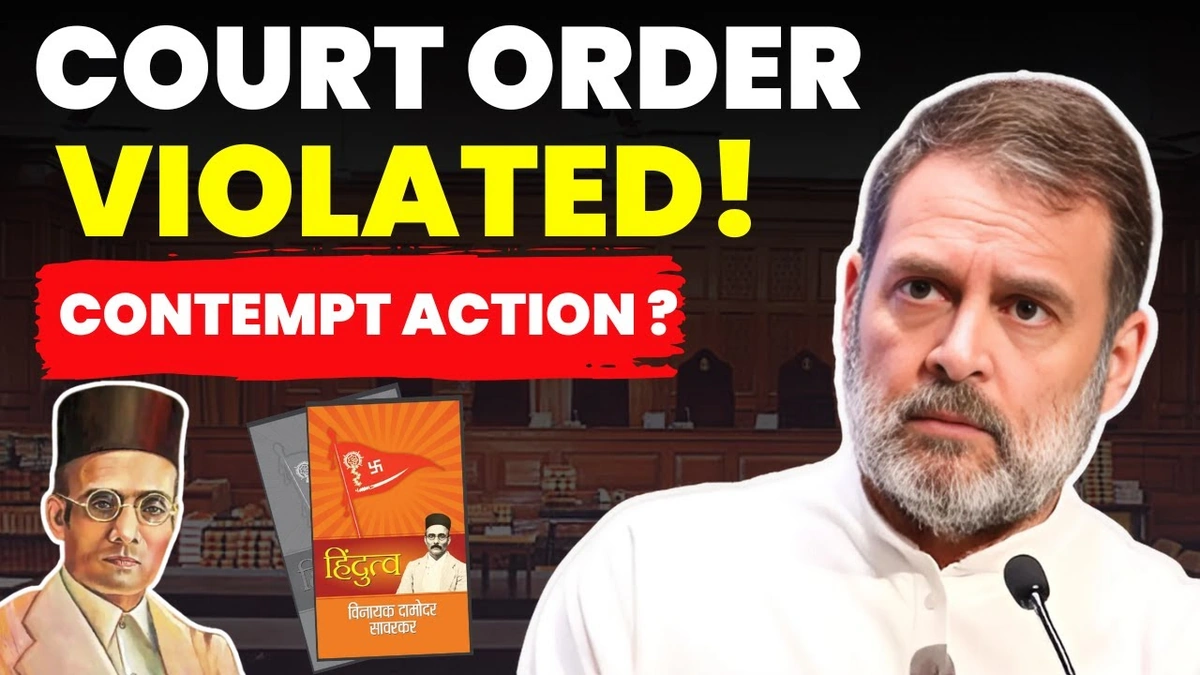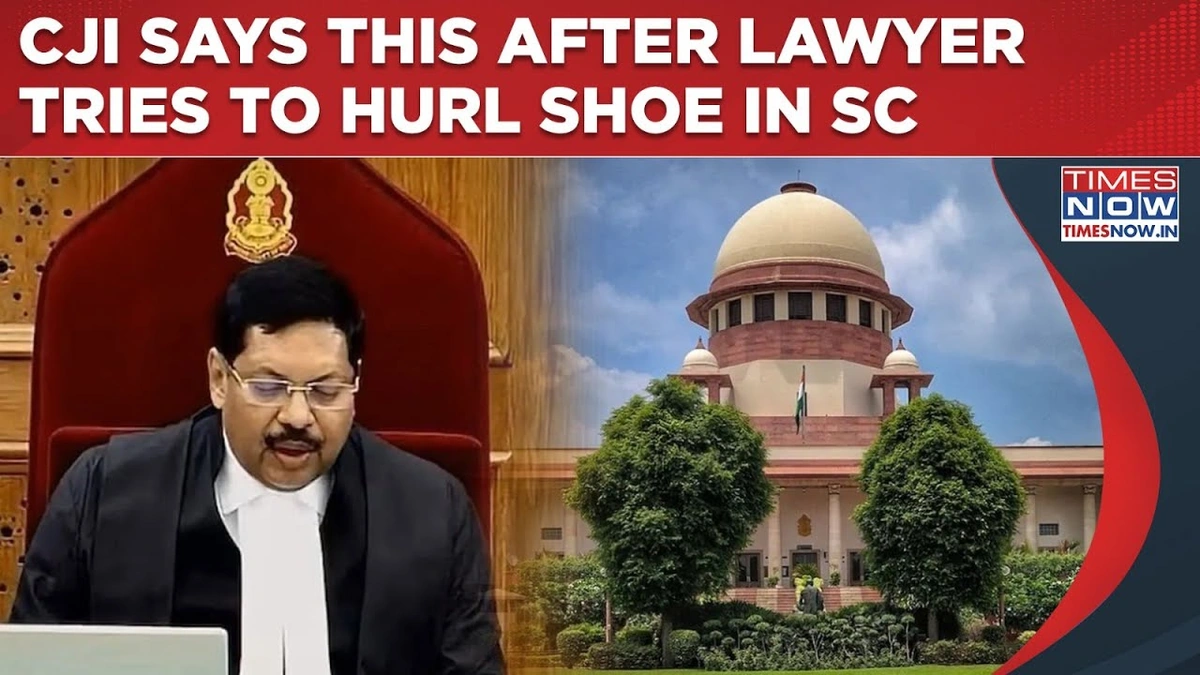Supreme Court Inquires: Why Wasn’t Sonam Wangchuk’s Wife Informed of NSA Detention?
The Supreme Court asking questions – it’s never just about the immediate case, is it? When the highest court in India wants to know why Sonam Wangchuk’s wife wasn’t informed about his detention under the National Security Act (NSA), it pokes at something far deeper than just one individual’s situation. It’s about due process, transparency, and the rights afforded to every citizen, and their families, even when facing serious allegations.
But here’s the thing: this isn’t just a legal drama playing out in courtrooms. It’s a human story, isn’t it? Imagine being in that situation – the sudden disappearance of a loved one, the frantic search for answers, the gnawing uncertainty. And then, to discover they’re being held under the NSA, a law often criticized for its potential for misuse? What a bolt from the blue.
So, let’s not just skim the headlines. Let’s delve into the ‘why’ behind the Supreme Court’s inquiry and what it could mean for the future.
The Core Issue | Due Process and Family Rights

At its heart, the matter revolves around whether the authorities followed the correct procedures when Sonam Wangchuk was detained. Did they adhere to the legal requirements regarding informing his family, specifically his wife, about the detention and the reasons behind it? The Supreme Court’s intervention suggests that there are doubts about this. This legal challenge highlights concerns about the government using preventative detention laws.
Now, some might say, “Well, if he was detained under the NSA, there must have been a good reason.” Maybe. But that doesn’t negate the importance of due process. Even individuals accused of serious offenses are entitled to certain rights, including the right to have their families informed of their whereabouts and the charges against them. This isn’t about condoning or condemning anyone’s actions; it’s about upholding the principles of justice.
Failure to inform family members can have devastating consequences. The emotional distress, the inability to seek legal counsel, the uncertainty about the detainee’s well-being – it all adds up to a grave injustice. The very bedrock of our legal system rests on everyone receiving proper legal protection and representation. A key concern here is procedural fairness.
NSA Detention | A Controversial Tool
The National Security Act (NSA) itself is a piece of legislation that allows for preventive detention – that is, detaining individuals before they commit a crime, if authorities believe they pose a threat to national security. It’s a powerful tool, no doubt, but one that’s been the subject of much debate. Critics argue that it can be used to stifle dissent and suppress political opposition. The government, on the other hand, maintains that it’s necessary to maintain law and order and protect the country from internal threats.
The use of NSA on activists and those critical of the government has raised significant alarm. Are these justified uses of preventive detention or examples of overreach? It’s a question that resonates deeply in a democracy like India, where freedom of speech and expression are enshrined in the Constitution.
Let me rephrase that for clarity: the issue isn’t whether the NSA can be used, but how it’s being used. And more importantly, what safeguards are in place to prevent its misuse.
What the Supreme Court’s Inquiry Means for the Future
This inquiry isn’t just about Sonam Wangchuk’s case. It sets a precedent. The Supreme Court’s stance on this matter will have far-reaching implications for how the NSA is used in the future. A strong ruling emphasizing the importance of informing family members could force authorities to be more transparent and accountable in their actions.
Think of it this way: if the court makes it clear that failure to follow due process will not be tolerated, it sends a strong message to the government and law enforcement agencies. It reinforces the idea that no one is above the law and that everyone, regardless of their background or alleged offenses, is entitled to basic human rights. A focus on government accountability is critical here.
And that’s why this case matters. It’s not just about one person; it’s about the principles of justice, fairness, and the protection of fundamental rights in a democratic society.
According to various media sources, the case involves questions about the legality of the detention and the process followed. This adds another layer to the discussion.
The judiciary plays a pivotal role in protecting these fundamental rights. It acts as a guardian of the Constitution, ensuring that the government acts within the bounds of the law. The internal link is something to consider as well.
The Human Cost of Detention
Beyond the legal arguments and constitutional principles, it’s crucial to remember the human element. Imagine the anxiety and fear experienced by Sonam Wangchuk’s family during his detention. The lack of information, the uncertainty about his well-being, the social stigma – it all takes a heavy toll.
I initially thought this was straightforward, but then I realized the deep emotional impact these events can have on families. The ordeal faced by his wife highlights the need for empathy and compassion in the application of the law.
These situations are not just legal cases; they are human tragedies. And it’s our responsibility, as a society, to ensure that the legal system is fair, just, and humane. We need to create the space and opportunity for open dialogue.
Related Matters & The Court’s Perspective
Recent reports suggest the court is also examining related matters pertaining to the application of the NSA in similar cases. This shows how crucial it is to properly adhere to procedure.
What fascinates me is the way the Supreme Court balances national security concerns with individual freedoms. It’s a delicate balancing act, and one that requires careful consideration of all the factors involved. As it considers civil rights under threat, there’s a serious legal precedent being made.
And so, we wait. We wait for the Supreme Court to deliver its verdict. And we hope that its decision will not only bring justice to Sonam Wangchuk and his family but also strengthen the foundations of our democracy.
But it’s also about a bigger picture. It’s about civil liberties, government power, and those fundamental rights that underpin a healthy democracy. The internal link , however, provides a different narrative. The outcome will have consequences far beyond this specific incident.
FAQ Section
Frequently Asked Questions (FAQs)
What exactly is the National Security Act (NSA)?
The National Security Act is a law in India that allows the government to detain individuals preventively if they are deemed a threat to national security or public order.
Why is the Supreme Court involved in this case?
The Supreme Court is involved because questions have been raised about whether due process was followed during Sonam Wangchuk’s detention, particularly regarding informing his family.
What rights does a person have if detained under the NSA?
Even when detained under the NSA, a person has certain rights, including the right to be informed of the grounds for detention and the right to legal representation. The extent of these rights can be limited in the interest of national security.
What could be the implications of this case for the future?
The Supreme Court’s ruling could set a precedent for how the NSA is applied in the future, potentially leading to greater transparency and accountability.
Where can I find more reliable information about this case?
You can find updated information about the case from respected sources such asWikipedia, reputable news organizations, and legal websites.













